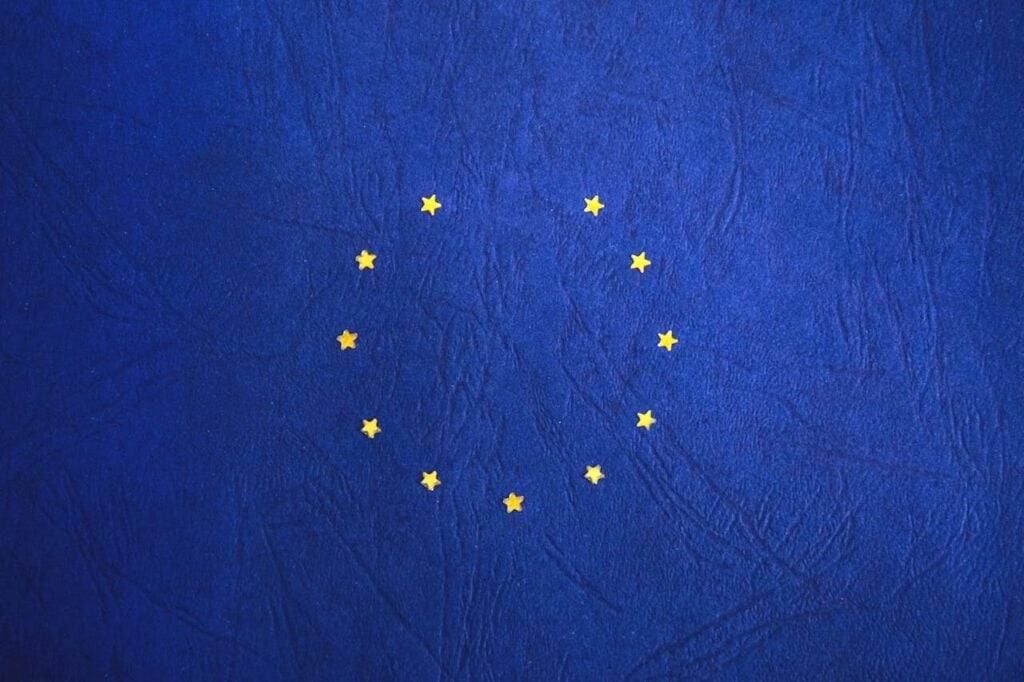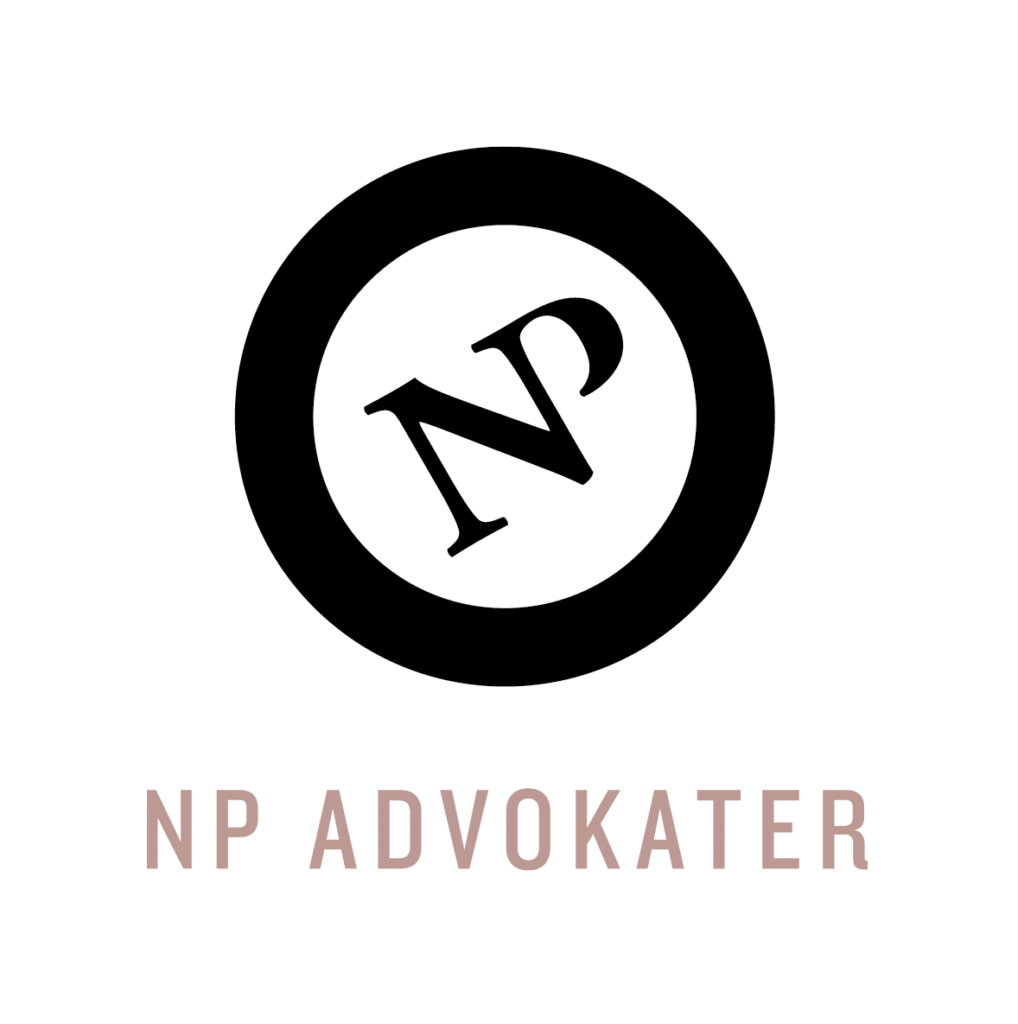

Since 2010, the Global Law Experts annual awards have been celebrating excellence, innovation and performance across the legal communities from around the world.
posted 4 months ago
The European Commission’s latest statement on public procurement reform marks a profound shift in mindset: from rule compliance to strategic governance. Public procurement is no longer to be viewed as a legal discipline concerned with avoiding errors, but as a political and economic instrument for creating value, innovation, and sustainability.
With the European Parliament’s resolution of 9 September 2025, the groundwork has been laid for what may become the most significant paradigm shift in EU procurement law since the 2014 Directive package. The goal is not merely to adjust procedures, but to redefine the very purpose of the procurement system itself.
Too many tenders today turn into mere price exercises, where the lowest bid becomes synonymous with best value. The EU intends to change that. Going forward, quality, sustainability, and innovation must be weighted far more strongly – not as decorative criteria, but as guiding parameters for how public funds are spent.
This means that authorities and suppliers alike must start working with concepts such as Total Cost of Ownership, life-cycle assessments, and measurable social impact. It also demands courage – the courage to ask: What truly constitutes value in public procurement? And how do we measure it?
For procurement lawyers, this marks an evolution. Legal precision remains essential, but it must now serve a strategic purpose. The objective of the law is shifting – from compliance to goal achievement.
The resolution recognises a widespread challenge: the Commission’s own ambition for strategic procurement often collides with the administrative and legal realities on the ground. The rules are complex, implementation uneven, and many contracting authorities struggle with limited resources and insufficient expertise.
Simply introducing new green or social requirements is not enough if the competencies to implement them are missing. Many smaller municipalities and institutions find themselves caught in a paradox – the ambition for strategic procurement becomes yet another layer of complexity.
Here lies a fundamental leadership responsibility: to build capacity, establish governance structures, and use legal expertise to create clarity rather than constraint. This is not a desk exercise – it is a cultural transformation.
One of the most debated elements in the resolution is the proposal to strengthen Europe’s supply security and to prioritise suppliers that contribute to the EU’s strategic interests. This represents a delicate balance between protecting European industry and avoiding a slide into protectionism.
Should this principle be translated into binding regulation, it could have significant implications for both public authorities and private companies. Tenders may increasingly need to document product origin, supply chains, and sustainable production methods. That will require stronger supplier management and more robust legal documentation.
The EU envisions a comprehensive digital transformation: shared European databases, interoperable platforms, and automated information exchange between authorities. The ambition is clear – fewer errors, greater transparency, and faster processes.
Yet digitalisation is not the solution in itself – it is the framework, the tool. Many Member States have already digitalised their procurement systems without achieving real efficiency gains. To unlock genuine value, data must be actively used to analyse patterns, detect anomalies, and generate learning.
For Denmark, this presents an opportunity: to become a frontrunner in demonstrating how technology can support legal quality and managerial insight – not just system-based control.
Perhaps the most interesting aspect of the EU’s new direction is not the specific legislative proposals but the underlying recognition that public procurement has become a leadership discipline.
We are moving away from the idea that legal frameworks alone can guarantee good outcomes. It takes courage to set direction, not merely to follow the rules. Courage to select the right supplier – not just the cheapest. And courage to use legal expertise as strategic guidance, not merely as procedural control.
For procurement professionals and decision-makers alike, this is the real challenge in the years ahead: to bridge the gap between the letter of the law and the realities of implementation. That is where true value is created.
If the EU’s vision materialises, public procurement will no longer be a technical or legal exercise – it will become a political and societal instrument. That requires judgment, strategic vision, and collaboration across disciplines.
As lawyers and leaders, we must embrace this shift. Not to prove that we can interpret directives – but to show that we understand how law, strategy, and responsibility can align in practice.
Stay informed with the latest legal developments at Global Law Experts
Author


No results available
posted 9 hours ago
posted 22 hours ago
posted 22 hours ago
posted 1 day ago
posted 1 day ago
posted 1 day ago
No results available
Find the right Legal Expert for your business
Global Law Experts is dedicated to providing exceptional legal services to clients around the world. With a vast network of highly skilled and experienced lawyers, we are committed to delivering innovative and tailored solutions to meet the diverse needs of our clients in various jurisdictions.

Thinking of buying property in Brazil? Start with a full legal safety net.
✔️ Check title and ownership history
✔️ Verify no debts or disputes
✔️ Confirm zoning and permits.
#BrazilProperty #RealEstateInvesting #LegalDueDiligence #ForeignInvestment #PropertyLaw #GlobalRealEstate #InvestmentRisk #BrazilLaw

When your international business faces financial distress, quick action is key! 🔑 Negotiating with creditors, restructuring debt, and understanding insolvency laws can help regain stability. Global Law Experts is here to guide you through your options.
🌍Explore the details on our website.
🔗Link in bio
#GlobalLawExperts #CommercialLaw #BusinessLaw #LegalAdvice #BusinessGrowth #LegalTips #BusinessStrategy #LegalCompliance #Law #LegalKnowledge #LegalAwareness #Law101 #LegalEducation #IntellectualProperty

Thinking of buying property in Brazil? Don’t stop at the contract or key handover. Make sure the title is officially registered before calling it yours.
#BrazilRealEstate #PropertyLaw #GlobalInvestment #ForeignInvestors #LegalTips #DueDiligence #RealEstateRegistration #SecureInvestment

Getting a termination notice right now? Know your rights. Valid reason, fair process, proper notice they matter. Don’t let a bad dismissal walk away without accountability.
#EmploymentLaw #WorkerRights #Termination #LaborLaw #FairDismissal #WorkplaceJustice #LegalAwareness #GlobalWorkforce

Running a business is hard enough — lawsuits shouldn’t make it harder. 🚫 Protect your business with the right legal strategies and expert tools from Global Law Experts. Let’s secure your future together! 💼
🌍Explore the details on our website.
➡️www.globallawexperts.com
#GlobalLawExperts #CommercialLaw #BusinessLaw #LegalAdvice #BusinessGrowth #LegalTips #BusinessStrategy #LegalCompliance #Law #LegalKnowledge #LegalAwareness #Law101 #LegalEducation #IntellectualProperty #Infringed #Ecommerce #LegalBranding
Global Law Experts is dedicated to providing exceptional legal services to clients around the world. With a vast network of highly skilled and experienced lawyers, we are committed to delivering innovative and tailored solutions to meet the diverse needs of our clients in various jurisdictions.

Thinking of buying property in Brazil? Start with a full legal safety net.
✔️ Check title and ownership history
✔️ Verify no debts or disputes
✔️ Confirm zoning and permits.
#BrazilProperty #RealEstateInvesting #LegalDueDiligence #ForeignInvestment #PropertyLaw #GlobalRealEstate #InvestmentRisk #BrazilLaw

When your international business faces financial distress, quick action is key! 🔑 Negotiating with creditors, restructuring debt, and understanding insolvency laws can help regain stability. Global Law Experts is here to guide you through your options.
🌍Explore the details on our website.
🔗Link in bio
#GlobalLawExperts #CommercialLaw #BusinessLaw #LegalAdvice #BusinessGrowth #LegalTips #BusinessStrategy #LegalCompliance #Law #LegalKnowledge #LegalAwareness #Law101 #LegalEducation #IntellectualProperty

Thinking of buying property in Brazil? Don’t stop at the contract or key handover. Make sure the title is officially registered before calling it yours.
#BrazilRealEstate #PropertyLaw #GlobalInvestment #ForeignInvestors #LegalTips #DueDiligence #RealEstateRegistration #SecureInvestment

Getting a termination notice right now? Know your rights. Valid reason, fair process, proper notice they matter. Don’t let a bad dismissal walk away without accountability.
#EmploymentLaw #WorkerRights #Termination #LaborLaw #FairDismissal #WorkplaceJustice #LegalAwareness #GlobalWorkforce

Running a business is hard enough — lawsuits shouldn’t make it harder. 🚫 Protect your business with the right legal strategies and expert tools from Global Law Experts. Let’s secure your future together! 💼
🌍Explore the details on our website.
➡️www.globallawexperts.com
#GlobalLawExperts #CommercialLaw #BusinessLaw #LegalAdvice #BusinessGrowth #LegalTips #BusinessStrategy #LegalCompliance #Law #LegalKnowledge #LegalAwareness #Law101 #LegalEducation #IntellectualProperty #Infringed #Ecommerce #LegalBranding
Send welcome message